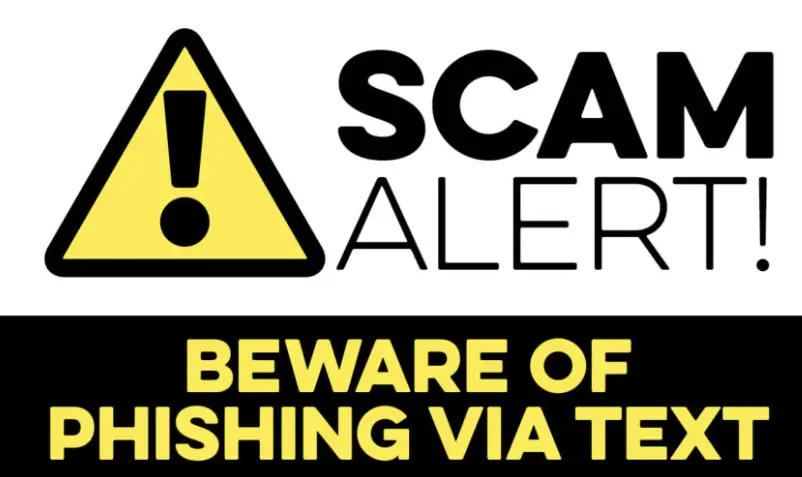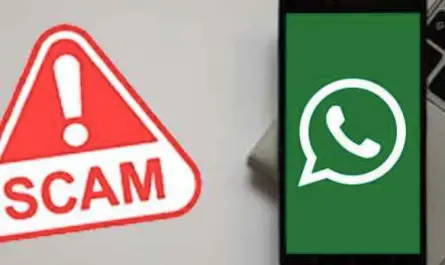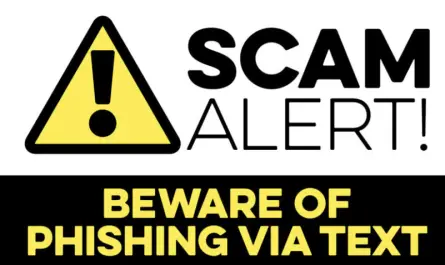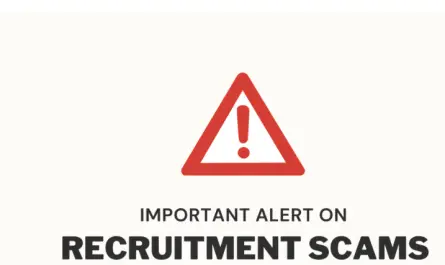DVLA Scam Email which happens to be one of the viral phishing scam tactics on the internet, has made many of their victim loose all they have worked hard for. Did you received any email requesting for your personal information or payment? If yes, do not listen to them! It is a huge scam. This review uncovers the fraudulent activities of this scammers and offers tips on how to detect scam emails and avoid them. Read till the end.
Phishing (Email scams) and Smishing (Fraud through Text messages) are on the increase these days. Scammers are now coming up with several ways to defraud people on a daily basis. One of the ways they do this is by sending text messages to people prompting them to release vital information or even gaining access to their information without their knowledge. Receivers of such texts are therefore advised to always carry out due diligence before giving out any information about themselves.
What Is The DVLA Scam Email All About?
DVLA Scam Email is an email sent by fraudsters disguising themselves to be from DVLA. The message is sent to motorists requesting for personal details which can be used to defraud their victims. Do not fall for it.
How Does DVLA Scam Email Work?
In order to appear genuine, Cyber criminals employ like those behind the DVLA Scam Email employ different strategies. This includes trying to convince their victims that that their car is not taxed. They make it look so real and urgent so that their victims will click on the link they attach to the email immediately without giving it a second thought. Once they click on it, their personal details will be collected by these scammers or they will be asked to make payment.
Thankfully, have flagged this scam activities and are trying their best to make sure their customers are well informed so that they will not fall victim. The agency never asks for bank details through email or send text messages regarding vehicle tax. The only place that customers can get official information on DVLA and its services is GOV.UK.

What Are The Effects Of Phishing Scams On The Receivers?
The negative effects that DVLA Scam Email has had on people who fell victim of their tricks unknowingly is really alarming. Some lost their life time savings. Others even ran into huge debt because they had to borrow from friends to survive after being scammed. Some other victims were even put in a critical health condition just because they could not bear the shock of losing all they had to these fraudsters.
These and may more stories, prompted us to start educating the public about this fast rising phishing scam known as DVLA Scam Email as well as other methods used by scammers these days.
How To Detect DVLA Scam Email.
Below are some of the ways you can identify a scam text by fraudsters.
- They make the text sound urgent and give penalty for those who default. This is to make the receiver do what they said.
- They disguise to be a reputable agency, steal the agency’s official logo and address just to convince people.
- They send links to malicious sites to get your personal information and steal from you.
- There are usually errors in their email address or the content of the mail or text.
- Majority of them only make use of text messages and chats.
- They request for fees for you to get the claimed prizes.
6 Ways To Avoid Being Scammed By These Fraudsters.
In order not to be a victim of the DVLA Scam Email or any other fake agency, follow these instructions:
- Do not click on any link or download attachment from an unknown sender: Do not be in a hurry to click on any link sent in a mail or text message from someone you do not know.
- Check the URL of the links they sent: Is there is an error in the URL or even the content of the text message like misspelling or omission, then know it is a scam.
- Carry out your investigation: Avoid any website that is offering to connect to DVLA’s contact center. Before clicking on any link, do a research to know if they are actually it is actually coming from the said organization. This will save you a lot.
- Do not disclose your personal information anyhow: No genuine agency will request that you provide personal information such as bank details, driving license, password information and others immediately.
- Follow your instinct: Whenever you come across a suspicious text message making mouth watery offers, it always safe to pay attention to the details in the message rather than being carried away by their fake promises.
- Report suspicious email or text messages: As soon as you discover a fraudulent text or email, report to your local enforcement agency so that they will take actions to stop further scam activities. If you have already shared your personal or financial information with DVLA scammers, all you just have to do is to shut down your cards, then report the incident to Action Fraud or call 0300 123 2040.
- Tell others about the DVLA Scam Email: Enlighten your friends and family member about the ongoing scam so that they will be aware and not fall victim.
Conclusion.
People should be cautious of the information they give out about themselves. There are many scammers out there targeting unsuspecting people. Sadly, DVLA Scam Email is one of the viral scams over the internet recently just like tollspayny.com. To stay safe from these fraudsters, you have to adhere to the instructions given above. Click Here to see a list of phishing scams to avoid. Other online scams we have reviewed are Winplayers Scam Text and Kirby Partners Scam



